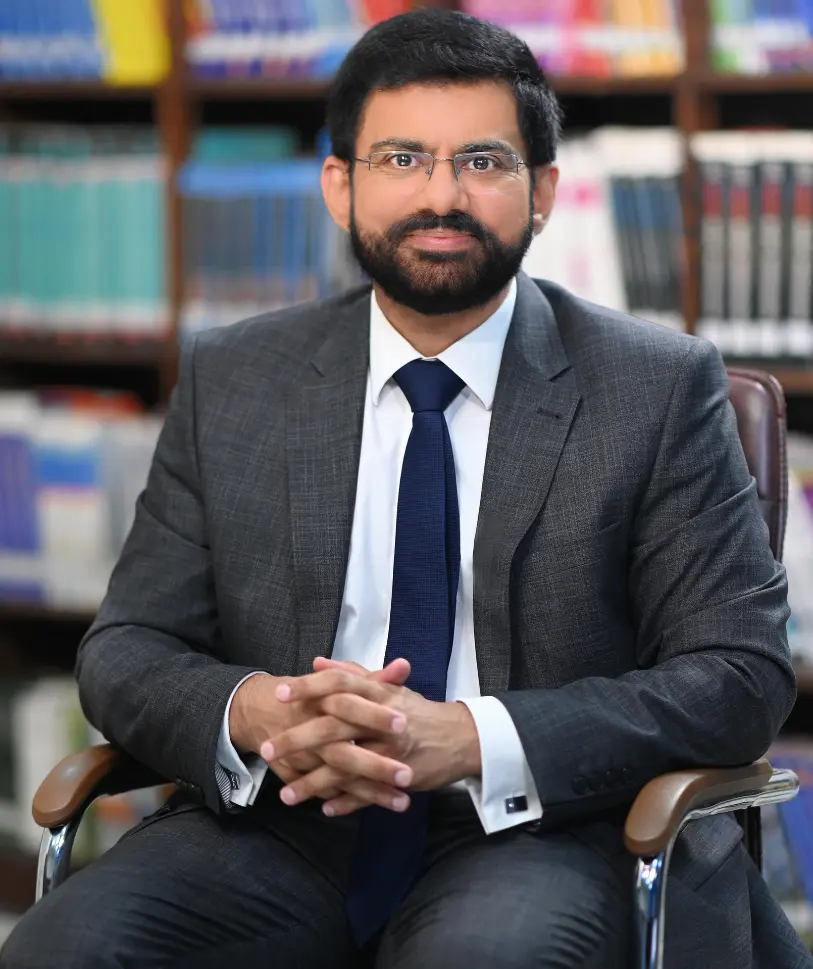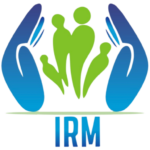IRM Hospital is your first choice for your health partner. We offer premium care with state of the art medical facilities.
Mon - Sun: 24 Hrs Open
Jan - Dec: Never Closed
+92 (051) 3757635
+92 (051) 3757635
contact@irmsc.com
admin@irmsc.com
Stem cell therapy is emerging as a groundbreaking treatment method worldwide, and Pakistan is no exception. This innovative medical treatment promises to revolutionize the way various chronic diseases, including arthritis, autism, and knee injuries, are treated.
Stem cell therapy is a rapidly evolving field of medicine that harnesses the remarkable potential of stem cells, the body’s master cells, to promote healing and regeneration. Stem cells have the unique ability to develop into many different types of cells, and researchers are exploring their potential to treat a wide range of conditions.
Our cutting-edge stem cell treatments offer a safe and innovative approach to addressing various health concerns. From alleviating pain and stiffness associated with arthritis to potentially managing complex neurological disorders, we’re committed to providing personalized care and exploring the transformative possibilities of stem cell therapy. As this field of medicine advances, we stay at the forefront of research and developments to ensure our patients have access to the latest advancements.
At its core, stem cell therapy utilizes the body’s repair mechanisms to treat injury and disease. Stem cells, with their ability to differentiate into any type of cell, offer unprecedented potential for regenerative medicine. In Pakistan, the application of this therapy spans from orthopedics to neurology, showcasing its versatility.
Pakistan’s medical landscape is witnessing the gradual integration of cellular therapies into mainstream treatment options. Clinics and research facilities across the country are not only offering these treatments but are also engaged in cutting-edge research to enhance their efficacy and accessibility.
The process of stem cell therapy involves harvesting stem cells from the patient’s own body (autologous) or a donor (allogeneic), followed by processing and precisely injecting them into the affected area. The procedure’s specifics, including preparation and recovery times, vary depending on the treatment’s nature and scope.
Stem cell biologics represent a groundbreaking advancement in medical science, offering multifaceted therapeutic actions that address the root causes of diseases rather than just symptoms. With their ability to modulate immune responses, enhance tissue regeneration, and prevent scar formation, these therapies provide hope for many who suffer from chronic ailments and injuries. As research continues to evolve, the potential of stem cell biologics in transforming medicine is becoming increasingly apparent, promising a future where regeneration and healing are within easier reach.
The essence of regenerative medicine lies in its ability to enhance the body’s natural repair processes. One of the primary mechanisms through which stem cell biologics operate is paracrine signaling. This process involves the transfer of signals from one cell to another, essentially ‘telling’ neighboring cells to kickstart repair and regeneration. Such cellular communication is crucial in accelerating recovery and enhancing the functionality of tissues post-injury.
Another pivotal role of stem cell biologics is immunomodulation. Traditional treatments often struggle with the body’s tendency to react against its own cells, a common issue in autoimmune diseases. Biologic therapies help in recalibrating the immune system, reducing self-destructive responses and promoting a balanced immune environment. This modulation not only prevents unnecessary damage but also aids in stabilizing the patient’s health.
Chronic inflammation is a significant contributor to a myriad of diseases, from arthritis to cardiovascular disorders. Stem cell biologics offer a potent anti-inflammatory effect that goes beyond mere symptom management. By reducing chronic inflammation at its source, these therapies can mitigate the progression of inflammation-mediated diseases, offering patients a sustained relief and improved quality of life.
Cell death, or apoptosis, is a natural process, but excessive cell loss can lead to severe tissue damage and organ failure. Biologics exert an anti-apoptotic effect, safeguarding vital cells from premature death. Anti-apoptosis is crucial in maintaining tissue integrity and functionality, especially in organs that are critical for survival.
The formation of new blood vessels, or angiogenesis, is vital for healing. Damaged tissues require nutrients and oxygen for repair, and new blood vessels are the conduits for these essential supplies. Stem cell biologics stimulate angiogenesis, improving blood flow to damaged areas and accelerating the healing process.
In conditions like organ failure, excessive scar tissue can impair function and lead to severe complications. Stem cell biologics are particularly effective in fibrosis inhibition, the process of scar tissue formation. By preventing fibrosis, these treatments ensure that organs retain their functionality and reduce the likelihood of failure.
Stem cell therapy consists of using stems cells to replace or repair the cells of damaged organs and tissues, so as treat patients with juvenile arthritis, for example. They are unspecialized cells capable of renewing themselves through cell division that can be induced, under certain conditions, to become tissue- or organ-specific cells with special functions. Here is a list of stem cell treatments we engage for many different diseeases including Musculoskeletal Disorders.
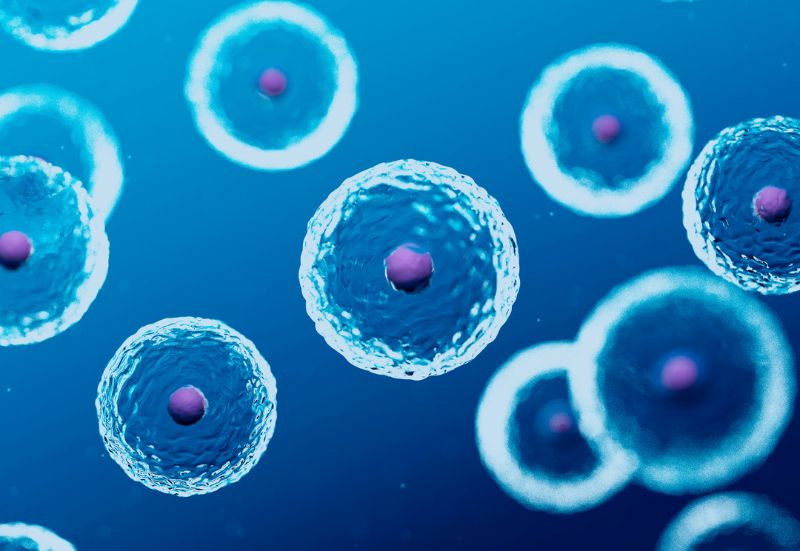
Exosome Treatment involves using vesicles released from stem cells called exosomes, which play a crucial role in cell-to-cell communication. These exosomes carry proteins and genetic information that can significantly influence the healing processes in recipient cells, offering a new avenue for treating diseases without using whole cells.
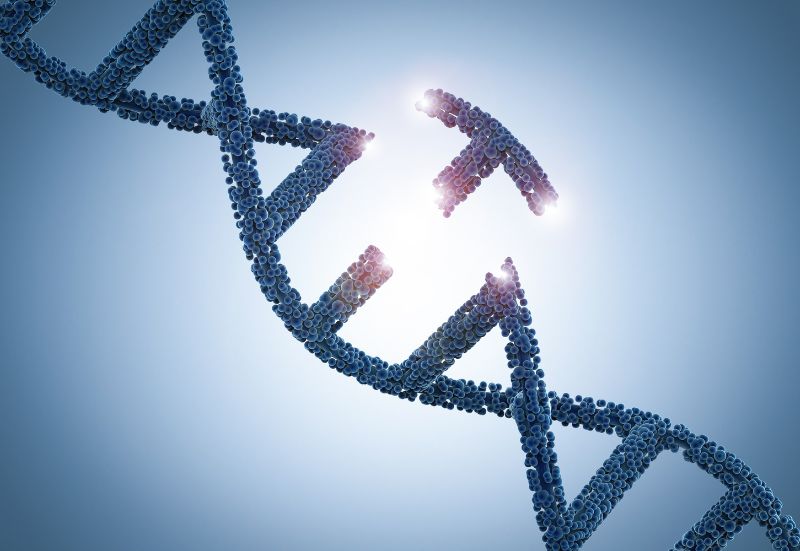
Platelet Rich Plasma (PRP) Therapy involves extracting a patient’s own platelets and injecting them into injured tissues to stimulate healing. Widely used in sports medicine and orthopedics, PRP therapy accelerates recovery by enhancing the body’s natural repair processes, proving effective for tendon injuries, osteoarthritis, and muscle strains.
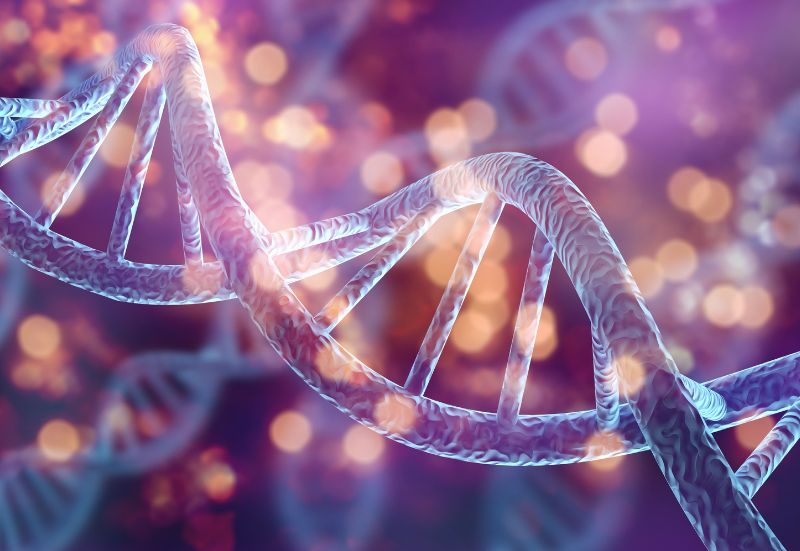
Intranasal Stem Cell Therapy represents a non-invasive technique to deliver stem cells to the brain and central nervous system. This approach takes advantage of the nasal passages’ direct connection to the brain, bypassing the blood-brain barrier. It’s particularly promising for treating neurological conditions like Alzheimer’s disease, Parkinson’s disease, and other neurodegenerative disorders.

Growth Factor Stem Cell Therapy Treatment utilizes proteins that naturally promote cell growth and division. These factors are crucial for stimulating stem cells to regenerate tissue, making them valuable in healing wounds, promoting skin regeneration, and treating hair loss due to their potent ability to activate cellular functions.aaaa

Umbilical Cord Tissue Stem Cell Therapy uses cells harvested from the umbilical cord’s Wharton’s Jelly, known for its rich mix of regenerative components. These young stem cells have potent healing abilities and are less likely to cause immune rejection, making them ideal for treating a broad spectrum of diseases, including immune disorders and inflammatory conditions.

Nebulizer Stem Cell Therapy uses a nebulizer to convert stem cells into an inhalable mist, allowing direct delivery to the lungs. This method is especially beneficial for pulmonary conditions, such as asthma, COPD, and fibrosis, facilitating direct repair and regeneration of lung tissue.

Injection Stem Cell Therapy is utilized for more localized issues such as joint degeneration or soft tissue damage. By injecting stem cells directly into the affected area, this therapy ensures that high concentrations of regenerative cells are delivered precisely where needed, enhancing the healing process and reducing recovery time.

IV Stem Cell Therapy involves the administration of stem cells directly into the bloodstream, providing a widespread therapeutic effect. This method is particularly effective for systemic diseases or conditions where multiple areas need attention, such as autoimmune diseases or generalized inflammation. It offers a holistic approach to healing, with cells traveling to where they are most needed to facilitate repair and regeneration.
If you’re struggling with pain, stiffness, and reduced mobility due to arthritis, you may benefit from our stem cell therapy options. Our therapies target various forms of arthritis, including osteoarthritis, rheumatoid arthritis, and psoriatic arthritis. Early research suggests that stem cells may have the potential to promote cartilage regeneration, reduce inflammation, and improve joint function.
Autism spectrum disorder (ASD) is a complex neurological and developmental condition. While stem cell therapy is not a cure, it holds promise as a potential treatment to support healthy brain development and address some of the challenges associated with ASD. Studies are ongoing to investigate how stem cells might improve communication, social interaction, and repetitive behaviors in individuals with ASD.
Avascular necrosis (AVN), also known as osteonecrosis, is a condition that occurs when there’s a loss of blood supply to a bone, leading to bone tissue death. This can cause pain, joint collapse, and disability. Stem cell therapy offers a potential approach to address AVN by promoting bone regeneration and blood vessel formation in the affected area.
Cerebral palsy (CP) is a group of movement disorders that appear in early childhood. Stem cell therapy is being explored as a potential treatment for CP, with the goal of improving motor function and overall quality of life for individuals with this condition. Early research suggests that stem cells may help to improve nerve function, reduce spasticity, and enhance coordination.
Chronic kidney disease (CKD) is a gradual loss of kidney function over time. As CKD progresses, the kidneys become less able to filter waste products from the blood. Stem cell therapy is a potential new approach to managing CKD by promoting kidney function and regeneration. Studies are underway to investigate how stem cells can help to repair and restore damaged kidney tissue.
Juvenile arthritis is a form of arthritis that affects children and adolescents. It can cause pain, inflammation, stiffness, and joint damage. Stem cell therapy offers a potential path toward relief for young people battling juvenile arthritis. Early research suggests that stem cells may help to reduce pain and inflammation, improve joint function, and slow the progression of the disease.
Autoimmune diseases occur when the body’s immune system mistakenly attacks healthy tissues. Stem cells are being investigated for their potential to modulate the immune system and reduce inflammation in various autoimmune diseases. This includes conditions like rheumatoid arthritis, lupus, and multiple sclerosis. While research is ongoing, stem cell therapy holds promise as a future treatment option for autoimmune disorders.
Muscular dystrophy is a group of inherited genetic diseases that cause progressive muscle weakness and loss of muscle mass. Stem cell therapy offers a potential approach to managing muscular dystrophy by promoting muscle repair and regeneration. Studies are underway to explore how stem cells can help to slow the progression of the disease and improve muscle function.
Post-COVID lung fibrosis is a complication that can occur after COVID-19 infection, leading to scarring of the lung tissue. This can cause difficulty breathing and shortness of breath. Stem cell therapy is being explored as a potential treatment for post-COVID lung fibrosis, with the aim of reducing lung inflammation and promoting tissue regeneration. Early research suggests that stem cells may help to improve lung function and quality of life for individuals with this condition.
The Future of Stem Cell Therapy in Pakistan With ongoing advancements in research and a growing number of success stories, the future of stem cell therapy in Pakistan looks promising. The potential for stem cell treatments to provide relief for untreatable conditions could position Pakistan as a leader in regenerative medicine in the region. IRM Hospital is the best choice for Stem Cell Therapy Treatments and there are many reasons i.e.
Our hospital is at the forefront of stem cell research, ensuring you receive the most innovative and effective treatments available.
Our team of skilled professionals has a proven track record in stem cell therapy, providing you with expert care and guidance throughout your treatment journey.
At <a href="https://irmsc.com/about-irm-hospital/" data-wpil-monitor-id="161">IRM Hospital</a>, your comfort and satisfaction are our top priorities. We offer personalized treatment plans tailored to your unique needs, ensuring a compassionate and patient-centered experience.
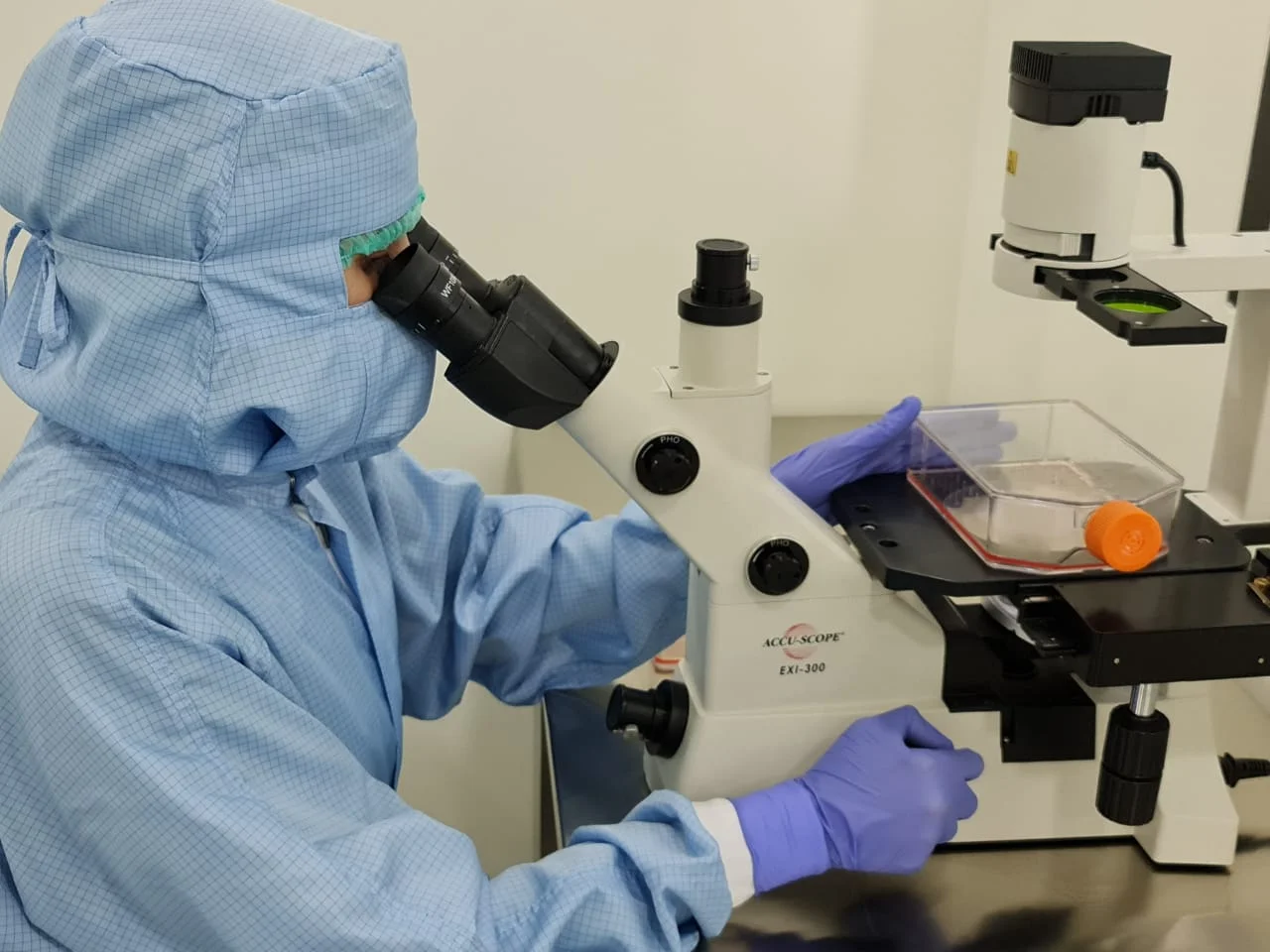
At IRMSC Hospital, Islamabad, we are dedicated to providing exceptional, comprehensive healthcare services under one roof, and we’re proud to be at the forefront of medical innovation. We house Pakistan’s first full-service stem cell lab, offering groundbreaking treatment options for a variety of conditions.
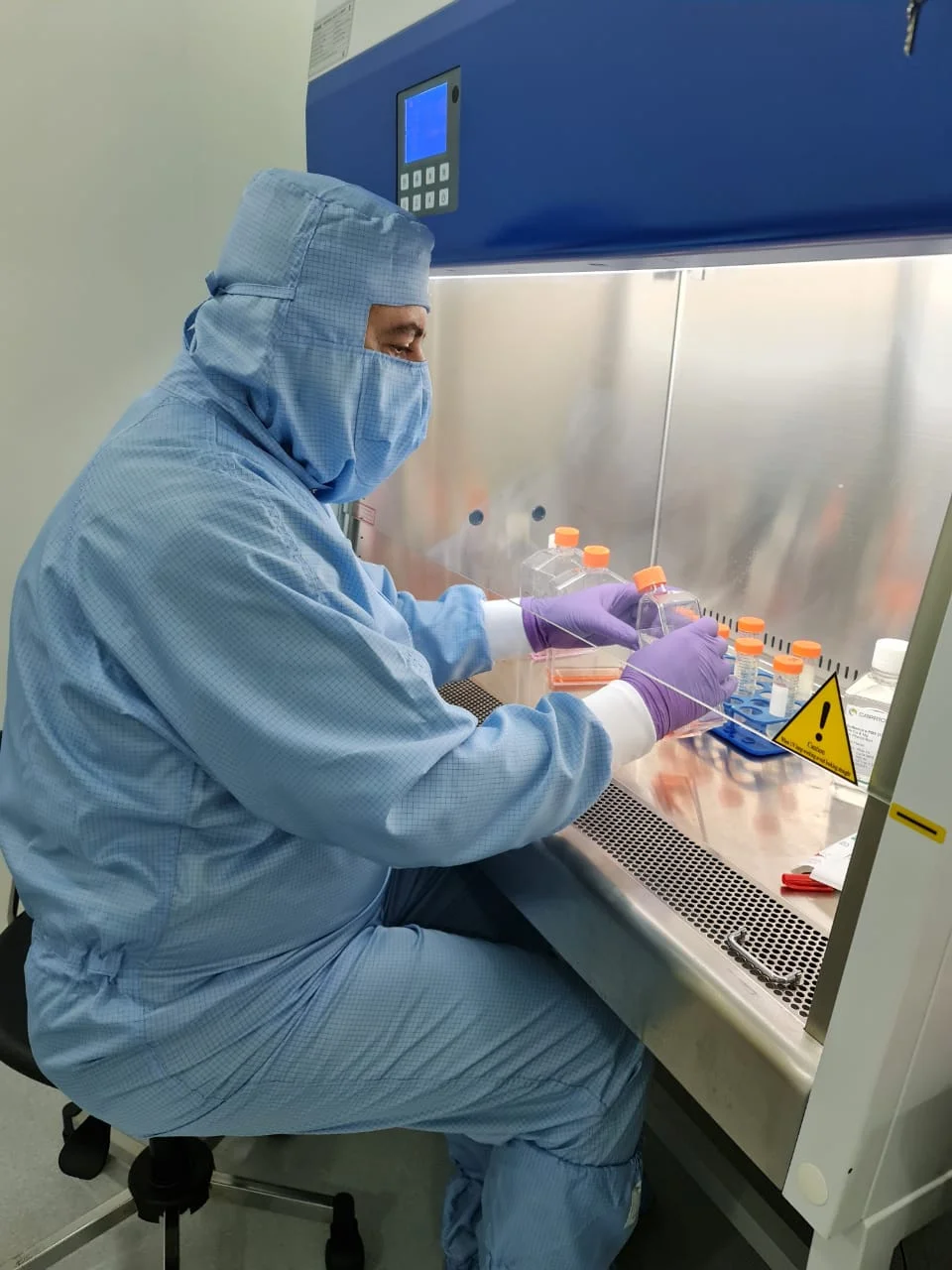
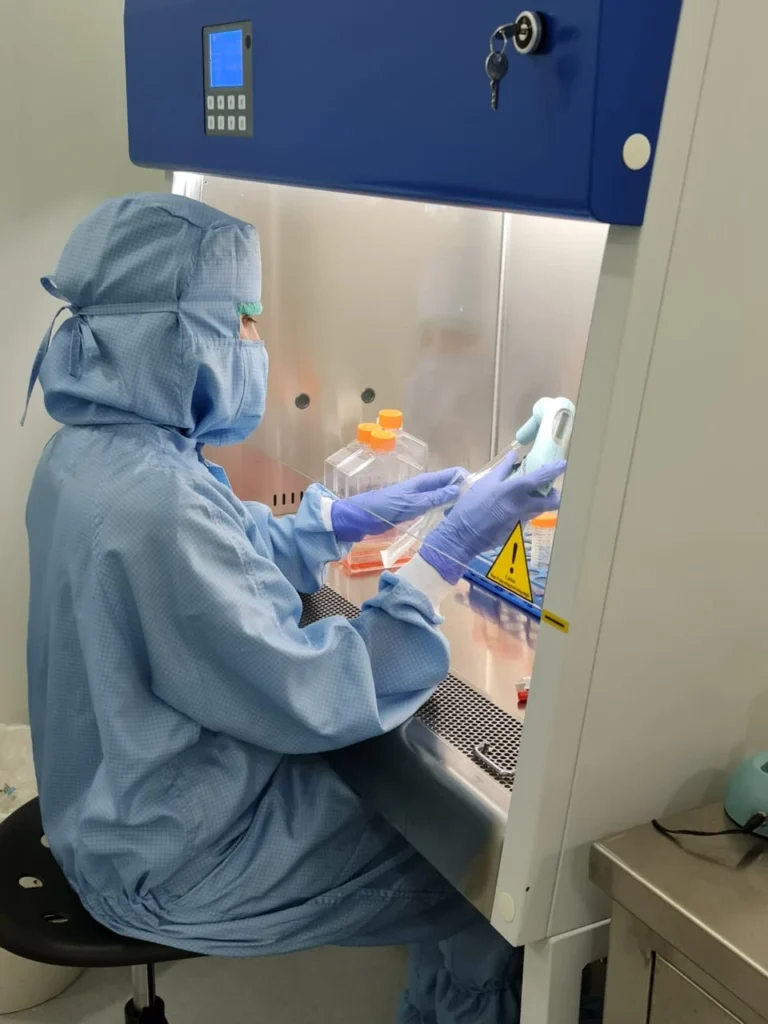
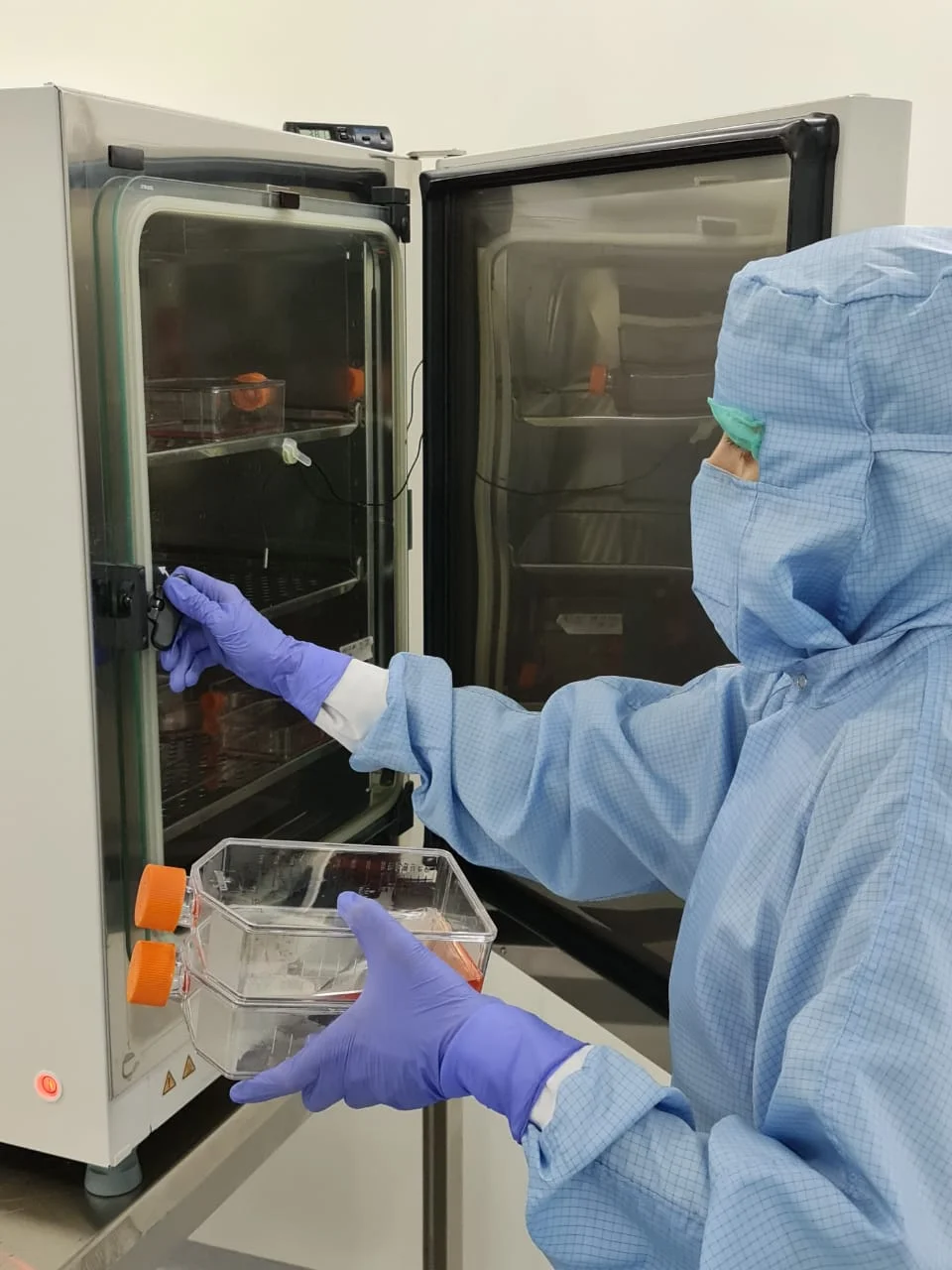
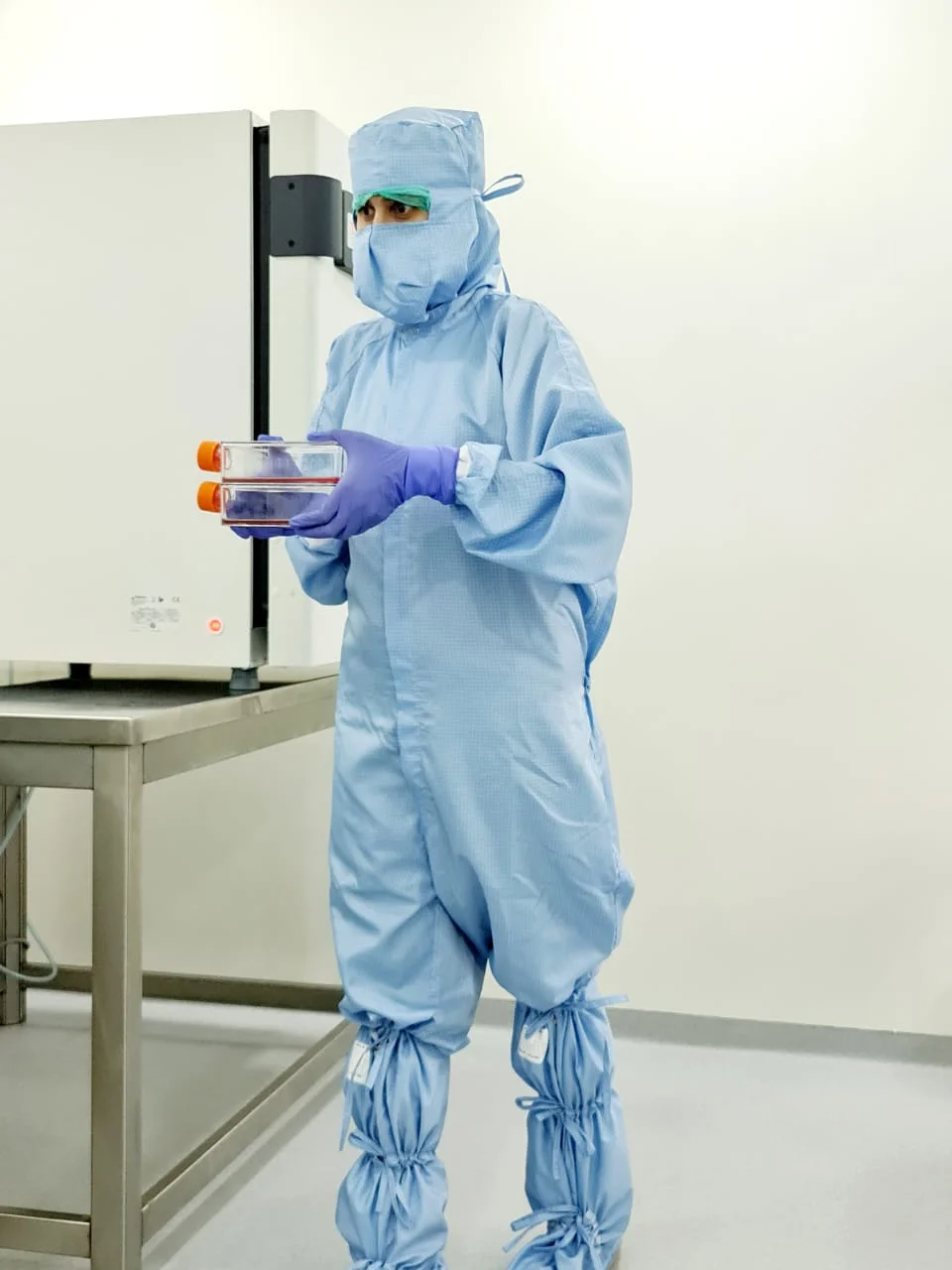
We believe innovative healthcare should be available to everyone. That’s why we work diligently to offer our stem cell therapies at affordable prices.
Factors influencing the cost of your treatment include:
We offer:
We understand that cost plays a major role in healthcare decisions. We’re here to work with you to find a plan that fits both your health needs and your budget.
